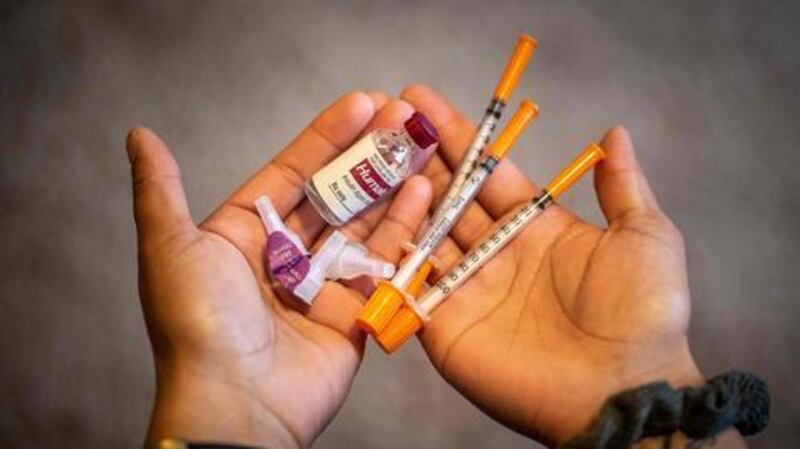Researchers in the UK have uncovered a treatment for Type 1 diabetes using an existing drug used to combat arthritis, which could allow thousands of people with the disease to live longer.
Experts from University College London have discovered so-called biomarkers that they hope will identify those people with Type 1 diabetes who would benefit from treatment with the immunotherapy drug Abatacept.
Abatacept, currently used to treat rheumatoid arthritis, has proved to be effective in treating one in three patients with Type 1 diabetes. It remains unclear why the other two thirds remain unresponsive.
Professor Lucy Walker, who led the research group at UCL, said she was excited to see how the biomarker discovery could be applied to help other patients.
“The next step will be to test this in more people and explore whether it works for other therapies and other autoimmune diseases,” she said
“New improved versions of Abatacept have now been developed and it will be particularly exciting to see if the biomarker approach is applicable to these.”
Dr Elizabeth Robertson, director of research at Diabetes UK, said the discovery could also bring researchers closer to a cure.
“Immunotherapies hold huge promise to slow the progression of Type 1 diabetes in people newly diagnosed or at high risk of the condition and to bring us closer to a cure. But so far, research we’ve seen in this area over the years hasn’t translated into licensed, effective treatments,” she said.
“We could rapidly see this treatment licensed and this could be life changing for many of the 10,000 children and adults diagnosed with Type 1 diabetes in the UK each year.
“Not only would this be a huge leap forward in how we treat type 1 diabetes and in changing lives, but it could also inspire new investment into immunotherapy research so we can really see progress accelerate,” Dr Robertson said.
Britain has one of the highest rates of Type 1 diabetes in the world. About 400,000 people in the UK suffer from the disease and of those, 29,000 are children.
People with the condition cannot produce insulin causing glucose to build up in the bloodstream, which over time can cause serious kidney, heart and eye damage.







